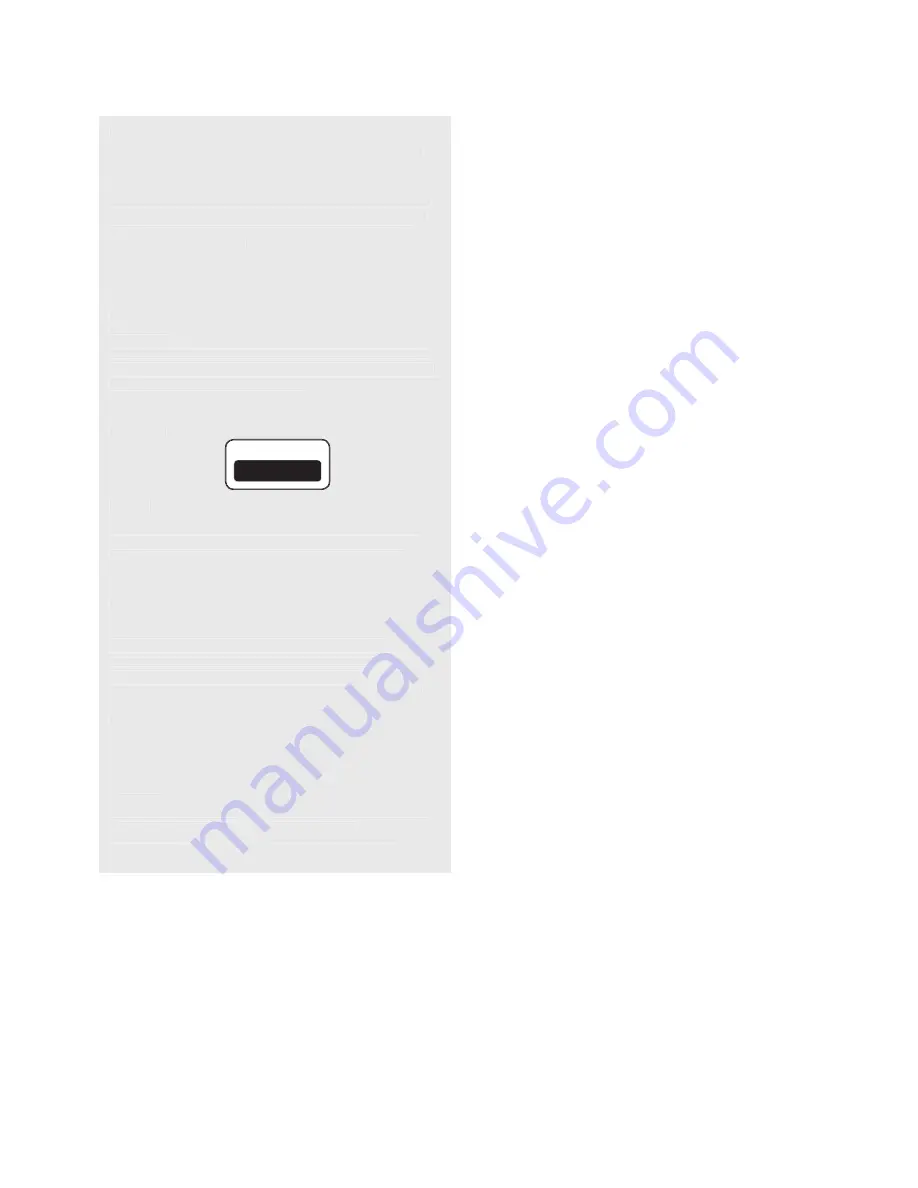
Contents
Page Section
1 1
Equipment Installation
2
Audio Connections
3
Mains Power Connection
2 4
General Installation
3 5
CDS3 Installation and Operation
4 6
CDS3 Connection Diagrams
5 7
CDS3 Transit Screw and CD Loading Diagrams
7 8
CDX2 Installation and Operation
8 9
CDX2 Connection Diagrams
10 10 CD5x Installation and Operation
11 11 CD5x Connection Diagrams
13 12 CD5i Installation and Operation
14 13 CD5i Connection Diagrams
15 14 CDX2, CD5x and CD5i Transit Screw and CD
Loading Diagrams
16 15 CD Puck Identification
16 16 CD Player Specifications
17 17 Flash Remote Handset
18 18 NARCOM 3 Remote Handset
20 19 iCOM Remote Handset
21 20 Declaration of Conformity
IMPORTANT
In order to comply with current European safety regulations
it is essential that the Naim loudspeaker connectors supplied
with amplifiers and loudspeakers are used.
Do not under any circumstances allow anyone to modify your
Naim equipment without first checking with the factory, your
dealer, or your distributor. Unauthorised modifications will
invalidate your guarantee.
For your own safety do not under any circumstances open
Naim equipment without first disconnecting it from the mains.
Warning: an apparatus with CLASS I construction shall be
connected to a mains socket outlet with a protective earthing
connection.
Where the mains plug or an appliance coupler is used as the
disconnect device, the disconnect device shall remain readily
operable. To disconnect the equipment from the mains remove
the mains plug from the mains outlet.
The following label is attached to all mains powered
equipment:
NOTE
This equipment has been tested and found to comply with the
relevant EMC and Safety Standards, and, where applicable,
also complies with the limits for a class B digital device,
pursuant to Part 15 of the FCC Rules.
These limits are designed to provide reasonable protection
against harmful interference in a residential installation.
This equipment generates, uses and can radiate radio
frequency and, if not installed and used in accordance
with the instructions, may cause harmful interference to
radio communications. However, there is no guarantee that
interference will not occur in a particular installation. If
this equipment does cause harmful interference to radio or
television reception, which can be determined by turning
off and on, the user is encouraged to try to correct the
interference by one or more of the following measures:
• Reorient or relocate the receiving antenna.
• Increase the separation between the equipment and the
receiver.
• Connect the equipment into an outlet on a circuit different
from that to which the receiver is connected.
• Consult your Naim dealer or an experienced radio/TV
technician for help.
WA R N I N G
THIS APPARATUS
MUST BE EARTHED



































